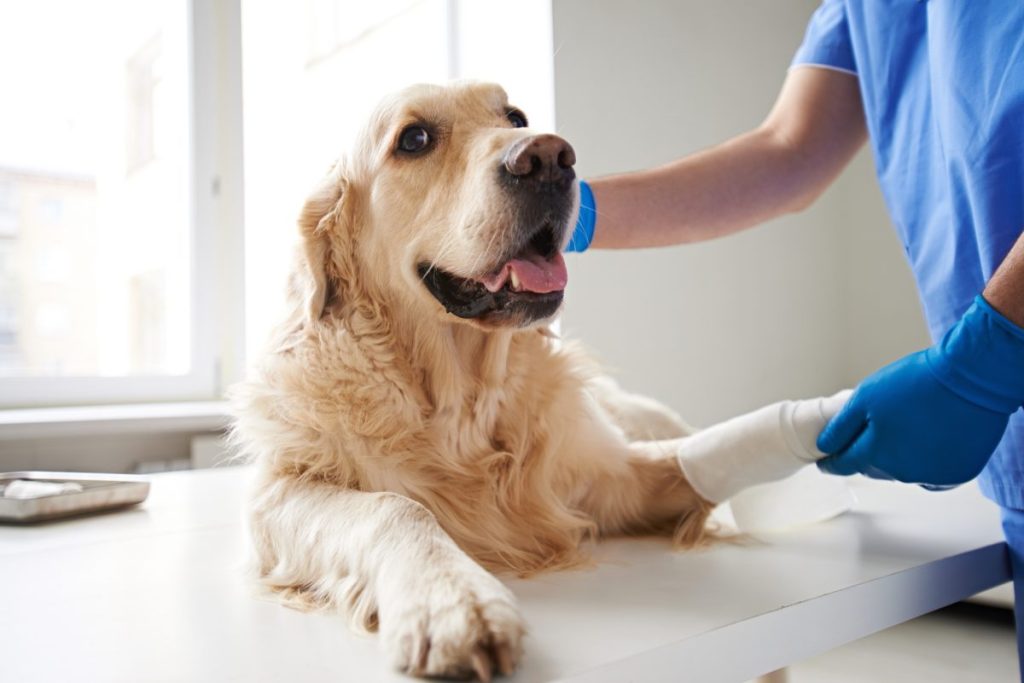Researchers at the University of Liverpool have created a unique tool for identifying and predicting mobility issues in dogs. Per Phys.org, these experts have teamed up with Dogs Trust to develop the “GenPup-M” questionnaire. This survey asks dog owners a series of questions aimed at understanding their pet’s physical abilities and well-being. Answers to these questions can determine whether the dog might be experiencing mobility problems — even mild ones. This helps to start a dialogue between the dog and their owner, focusing on ways to enhance the pet’s health.
According to estimates, as many as 50% of dogs in the United Kingdom between the ages of eight and 13 years experience reduced mobility to some extent. Nevertheless, the current mobility questionnaires only allow tracking the mobility of these canines once their condition worsens considerably. A recent academic paper titled, “GenPup-M: a novel validated owner-reported clinical metrology instrument for detecting early mobility changes in dogs,” regarding this survey, has been published in PLOS ONE.
The study affirms the validity of the question set by studying 62 dogs, 31 of which have mobility impairments and the remaining 31 without any mobility issues. By comparing the responses from GenPup-M with the results of further expert tests — such as advanced gait analysis — scientists were able to verify the accuracy of the questionnaire in bringing mobility problems to light.
A game-changer in detecting and treating dog mobility issues
“Impaired mobility can affect a dog’s ability to engage in daily activities and interactions, move or exercise freely,” said Natasha Clark, a veterinary surgeon and researcher in the Department of Musculoskeletal & Aging Science at the University of Liverpool. She added, “If an animal is unwilling to or cannot play, exercise or express normal behavior this can impact its quality of life.”
According to Clark, the GenPup-M survey, when used often during check-ups, can spot minor changes in a dog’s movement, without the need for costly and time-consuming gait analysis. Furthermore, this tool can help vets identify and ideally prevent the development of mobility problems.
“Our research does not stop here,” Clark stated. “We will continue to research and develop GenPup-M to refine it as an even more effective tool for vets and dog caregivers.”
The Deputy Head of Research, Welfare Projects & Grants at Dogs Trust, Dr. Jane Murray stated her delight over their joint effort with the University of Liverpool for the study that seeks to improve the condition of dogs. She added that every pup is prone to mobility issues. She further stated that their novel Generation Pup study on the health, behavior, and welfare of canines is expected to assist more dog owners in early discovery of mobility problems. This would eventually lead to veterinary and management practices that can enhance the welfare of the affected dogs.









